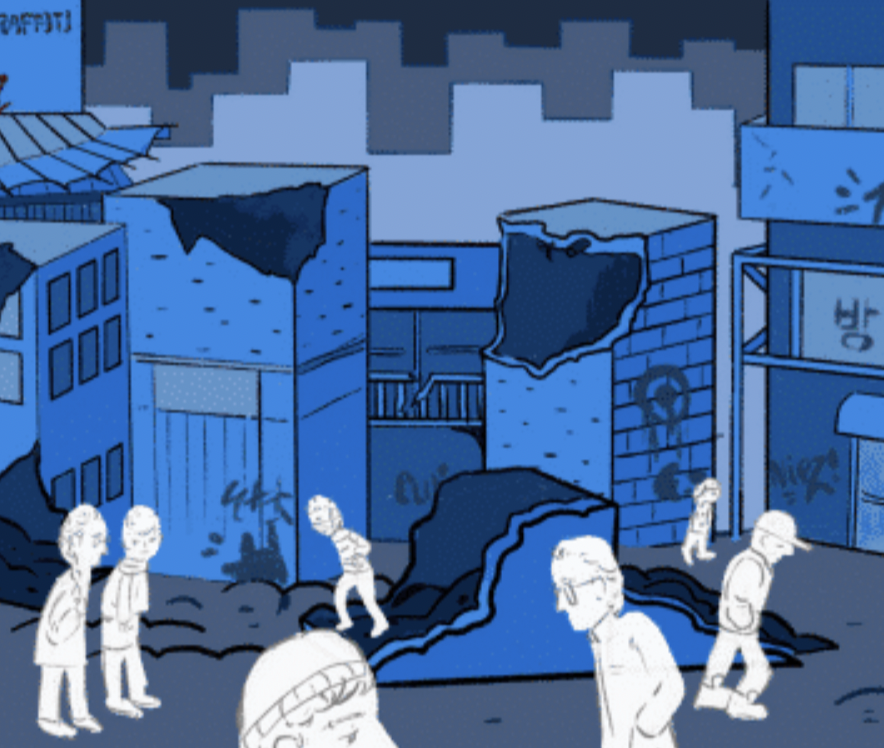“Blow for Bojo as bro Jo go goes,” proclaimed last Friday’s headline story of London’s Evening Standard. This tongue twister perfectly summed up the ridicule of this past week’s Brexit antics.
Boris Johnson, the new Prime Minister of England, surrendered his majority in Parliament after losing the support of 21 members of his own party, as well as losing support from his brother, Jo Johnson, who resigned (inspiring the Evening Standard’s wit).
His standing in Parliament began its decline when Johnson asked the Queen to shut down Parliament until the Brexit vote. Despite what he may claim, this is a preemptive move clearly designed to prevent any member from drafting a bill that might stop him getting the Brexit deal he wants.
The highest court in Scotland has established its stance on the situation: Parliament is designed to represent the nation, so Johnson’s moving to block his political opposition (and thus, his accountability) is a clear violation of his allotted powers. The issue will be taken to English courts, which, one hopes, will force Parliament back into session.
However, even if the full force of British democracy is brought back in session, they will struggle to keep Johnson in check. The Labour Party has drafted a bill forcing Johnson to extend the Brexit deadline (for the third time) if he doesn’t reach an agreement by October 19. Johnson retaliated by claiming that if the bill passed he would trigger a general election, hoping to stack Parliament full of pro Brexiters who would back his bill.
This has significant cultural impacts on the foundations of democracy. Can a nation be democratic if their leader limits the power of opposing elected officials? Can that same nation be democratic when its leader, unsuccessful in limiting the power of his political opponents, removes them from office entirely, replacing them with those who support him?
Perhaps most significant is that Johnson was elected on the promise to conclude Brexit with a divisive plan that Parliament would readily agree to. He later promised that if Parliament didn’t agree he would leave the European Union without a formal deal by the end of October, a choice many warn could plunge the country into an economic crisis.
The political left is willing to avoid Johnson’s threat of a No-Deal Brexit at all costs. It’s the reason the Labour party isn’t supporting a general election — they want to ensure that No-Deal can’t happen before they’re possibly forced to leave office.
However, the true threat Johnson poses is the continued shut-down of Parliament. If Johnson’s request is allowed, then the representatives will have no way to check his power. Additionally, the shutdown is timed, so that when they do return to session, the nation will be days away from a Brexit vote, and representatives will inevitably bend to pressure and sign on to Johnson’s plan to avoid economic collapse.
England remains a key player on the global stage, and a prominent Western nation forcing itself into democratic decay has global ramifications. This includes effects as far reaching as today’s two dominating superpowers: the United States and China. Democracy could lose much of its legitimacy, and power dynamics could shift significantly toward China, which, if it happens too rapidly, could lead to conflict.
Although voters may not have had thoughts of global power dynamics in mind on election day, the fate of the United Kingdom certainly loomed above, and electing a candidate relying on a radical do-or-die policy before he had even assumed office seems rash.
So why did the United Kingdom do it? The nation was in a state of panic; it voted to leave the E.U. well over three years ago, and many capable, moderate politicians have already tried (and failed) to resolve Brexit. So, with seemingly no other option, the nation voted for the radical with a bold promise — a choice the nation is already beginning to regret.




